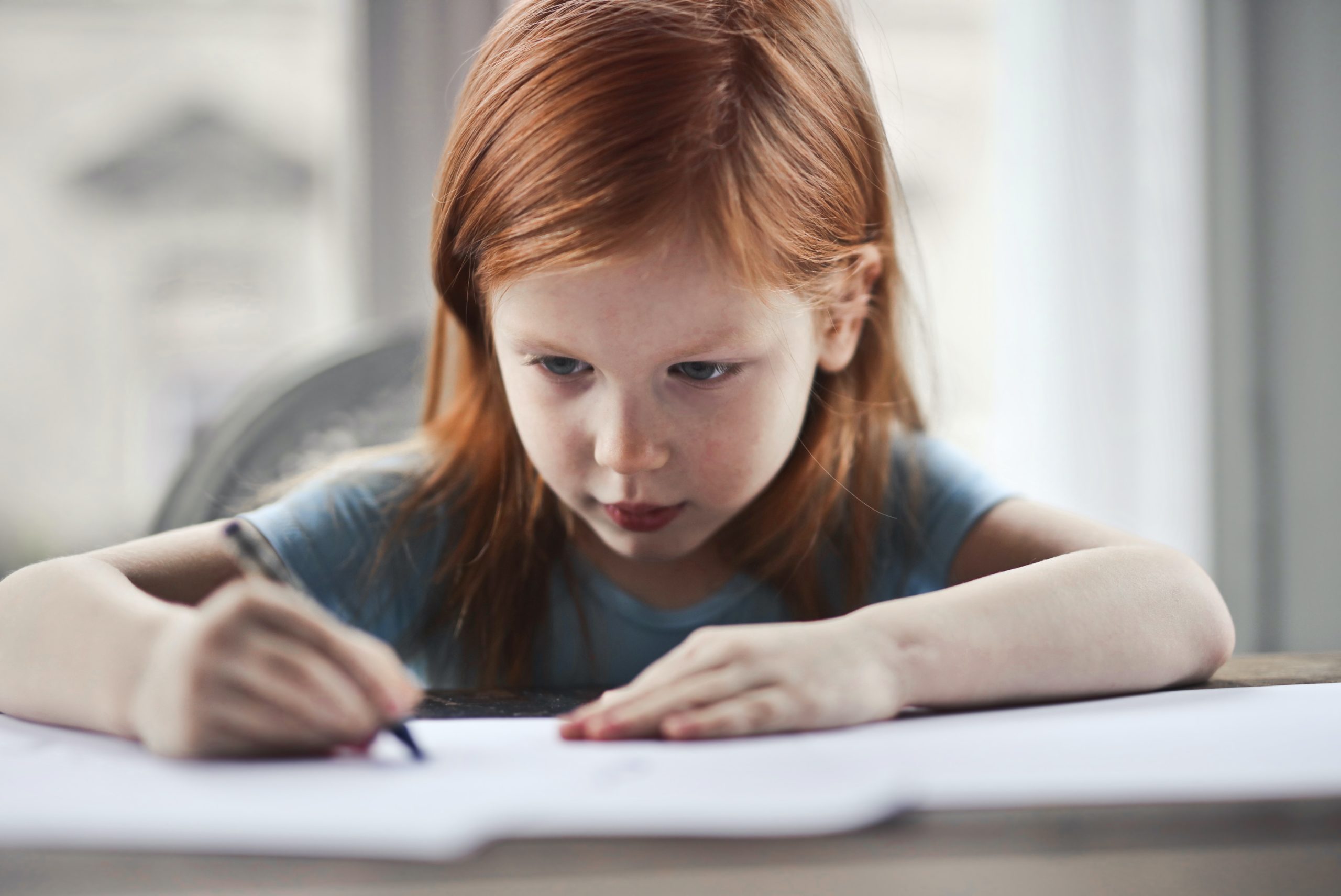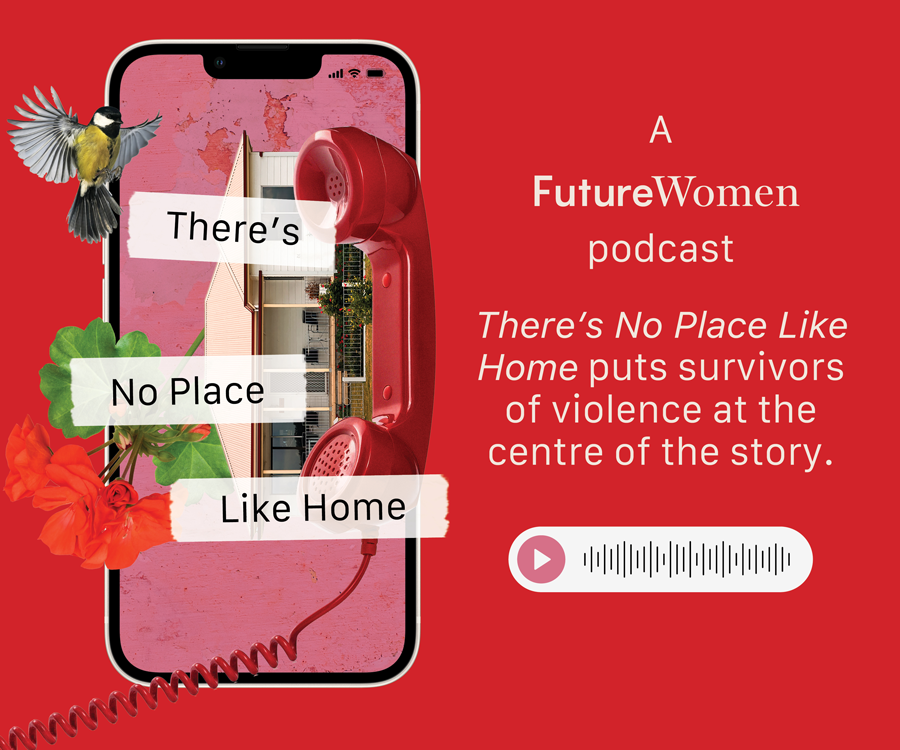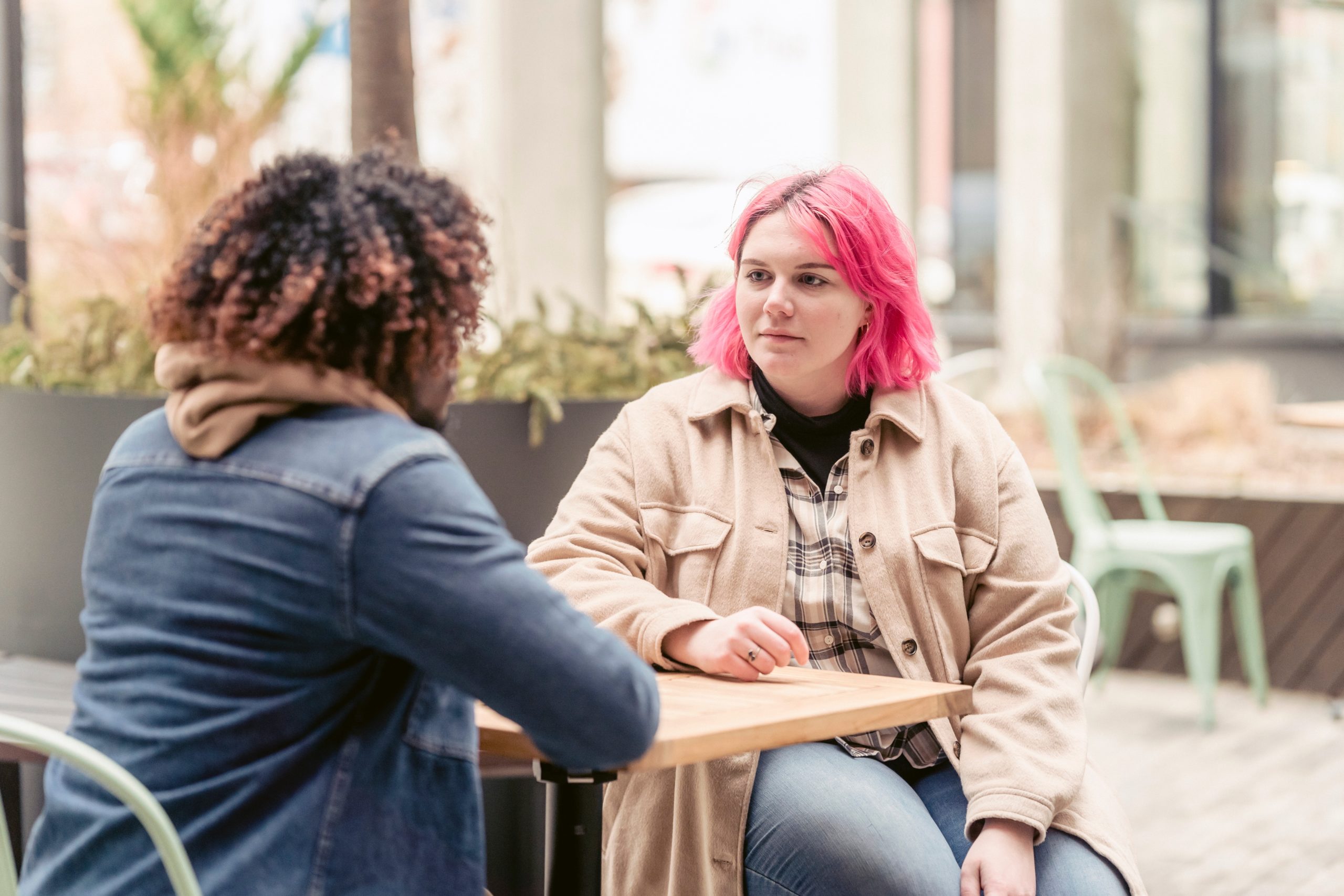Welcome to the April edition of Breaking Free. This month our feature article talks about the ACE Study. ACE stands for “Adverse Childhood Experiences”. These include experiences such as physical, sexual and emotional abuse, neglect, caregiver mental illness, and household violence. The ACE Study provides valuable information to both survivors and professionals, and we encourage you to explore the numerous resources provided.
As we recognise Domestic and Family Violence Prevention month, Dr Cathy Kezelman takes part in an episode of the podcast “There’s No Place Like Home”. There are 10 episodes in total, and each episode tells the story of 10 extraordinary people who share their experience and pull back the curtain on domestic and family violence.
We have also released a new fact sheet – Responding to Adults Disclosing Child Sexual Abuse. This fact sheet has been specifically written for people supporting adult survivors of child abuse, who are disclosing their abuse to them.
We would also like to thank Bruce for sharing his powerful story. We hope that by sharing, Bruce inspires others in our community to share their stories with us.
Until next time, take care,
Blue Knot team








